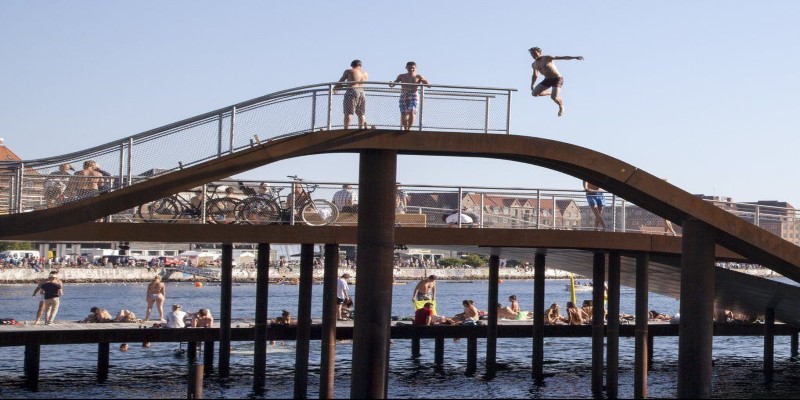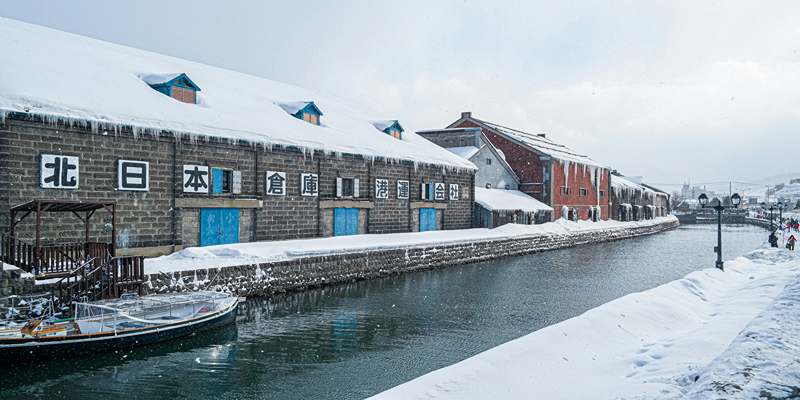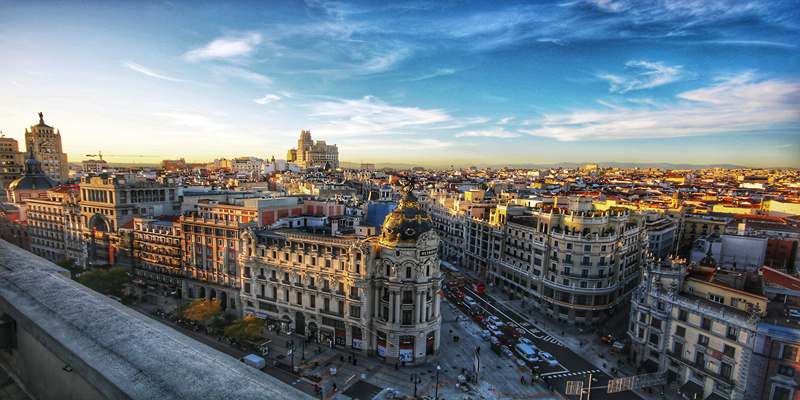Croatia doesn’t need a deep wallet to enjoy. With its coastal towns, ancient stone alleys, and Adriatic sunsets, the country quietly offers more than just pretty views—it makes room for budget travelers, too. Whether you’re strolling through Dubrovnik’s old streets or island-hopping in Dalmatia, there are ways to cut down on costs without cutting down on experience. Here’s how you can do that.
11 Tips for Traveling in Croatia on a Budget
Travel Outside the Peak Season
Croatia gets crowded and expensive from mid-June to the end of August. Accommodation prices shoot up, restaurants are fully booked, and transport gets tight. But if you plan your visit in May, early June, or September, you’ll see the same places with fewer people and lower prices. Ferries run, the weather stays warm, and many businesses are still open. You’re not missing out—you’re just avoiding the premium.
Stay in Guesthouses Instead of Hotels
Croatian “sobe” (rooms in private homes) are a low-key budget saver. Locals rent out extra rooms or apartments, and many come with small kitchens, which means you can cook your meals. These aren’t flashy, but they’re clean, affordable, and often close to where you need to be. Platforms like Booking.com or even walking around and checking signs when you arrive in a town can lead you to a good deal.
Use Buses for Long-Distance Travel
Skip the rental car unless you have a strong reason. Intercity buses in Croatia are reliable and comfortable and reach nearly every corner of the country. You can go from Zagreb to Split or from Dubrovnik to Zadar for a fraction of the cost of a car. Plus, you don't have to worry about fuel or parking. Just check bus company sites in advance—Arriva and FlixBus are solid options.
Avoid Eating in Tourist Squares
You’ll pay more for the view than for the food. Walk a few streets away from the popular squares or promenades, and you’ll find meals that taste better and cost less. Most Croatian towns have family-run konobas (small restaurants) where the menu is simpler, the portions are generous, and the bill won’t surprise you. If you see locals eating there, you’re probably in the right place.
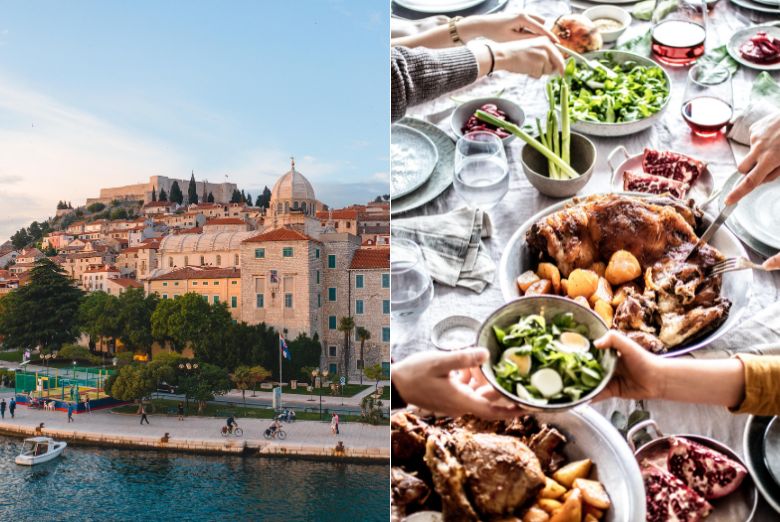
Visit the Free Beaches
Unlike many other coastal countries, Croatia offers plenty of free-access beaches. The catch? Many are rocky or pebbly, not sandy—but that’s not a bad thing. The water is still clear, and the views are just as striking. Bring your own towel, some snacks, and water shoes if you’re picky about your feet. Places like Brela, Sveti Jakov in Dubrovnik, and parts of the Makarska Riviera give you beach time without the entry fees.
Skip Island Hotels—Stay on the Mainland and Day Trip
Island accommodations are usually more expensive than on the mainland. But ferries make island hopping easy. You can stay in Split, which has plenty of budget options, and take day trips to places like Hvar, Brač, or Šolta. This way, you get to see the islands but avoid the high overnight rates. Plus, you won’t need to haul luggage across docks or deal with limited late-night returns.
Shop at Local Markets for Food
Croatia's open-air markets are full of fresh produce, bread, cheese, and cured meats. Even if you're not cooking full meals, it's a smart way to grab lunch or pack snacks for the day. Many markets open early in the morning and wind down by midday. The prices are lower than in restaurants, and the quality is often better. It's also a chance to try regional items you won't find in tourist shops.
Use Refillable Water Bottles
It might sound small, but bottled water costs add up. Croatia’s tap water is safe to drink in almost every region. Carry a reusable bottle and refill it at your accommodation or public fountains. Not only do you save money, but it’s one less thing to carry from the store. In some towns like Rijeka and Zagreb, you’ll see refill stations in the streets.
Pick Lesser-Known Towns Instead of Tourist Giants
You don’t need to spend all your time in Dubrovnik or Split. Smaller towns like Šibenik, Pula, or Osijek offer a lot with a smaller price tag. These places still feature old architecture, stunning sea views, and local culture but come with fewer crowds and more affordable stays. Some even have their own festivals or unique sights, so you get something fresh without the tourist overload.
Take Advantage of Free Attractions
You'll find quite a few places that don't charge an entrance fee. In Zagreb, many museums are free one day a month. The coastal towns are basically open-air museums on their own—walking through the alleys, visiting markets, and watching sunsets don't cost a cent. Natural sights like Krka Waterfalls do have entry fees, but you can offset those by spending time at free hiking trails or seaside walks.
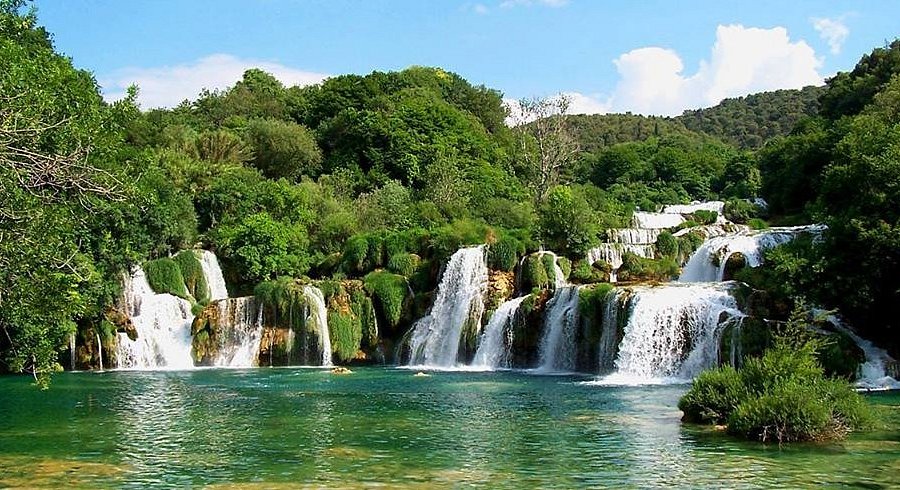
Book Ferry Tickets in Advance (But Not Too Early)
If you plan to visit the islands, ferries are the way to go. Prices are generally fixed, but popular routes, such as Split to Hvar, can sell out during the summer months. Booking online a few days ahead saves you from long queues and guarantees a spot, especially if you're traveling with luggage. That said, avoid booking too far in advance unless you're sure of your dates since tickets are usually non-refundable. Stick to official websites, such as Jadrolinija or Krilo, for accurate schedules and pricing.
Closing Thought
Traveling in Croatia on a budget doesn’t mean trimming the experience—it just means knowing where to look and how to spend. The country offers enough variety, from coastal views to inland charm, that you don’t need to stick to the usual tourist checklist. With a few simple choices—like staying in guesthouses, eating where the locals do, and traveling off-season—you can enjoy the same sunsets, explore the same islands, and walk the same old-town streets without overspending. Croatia gives you plenty for less as long as you're willing to look beyond the obvious.






